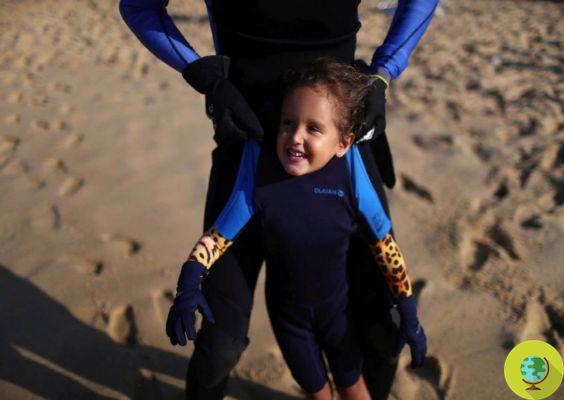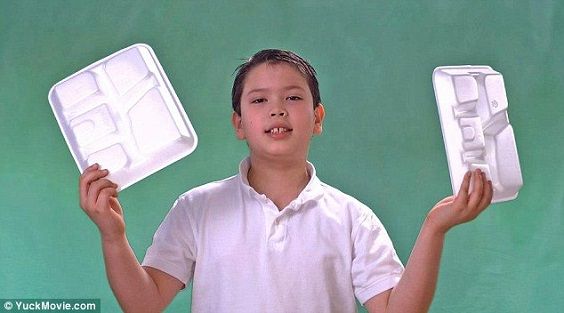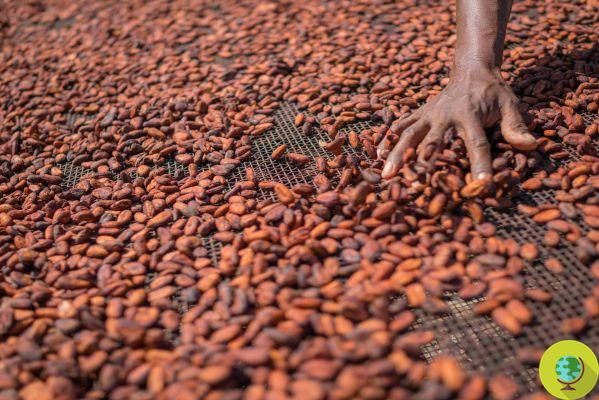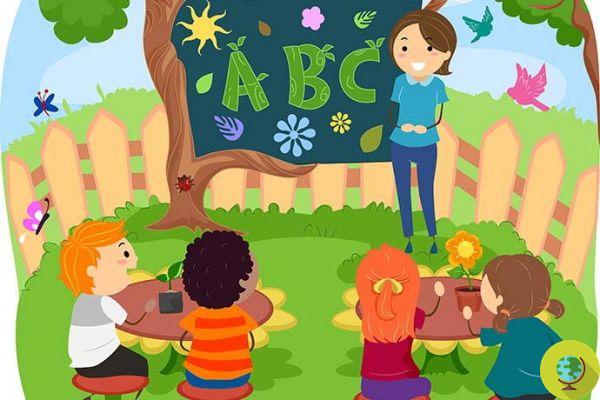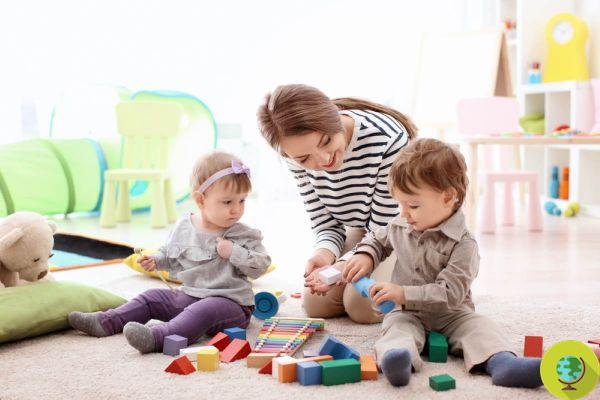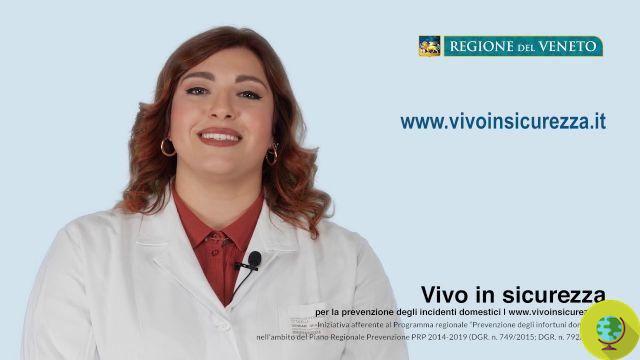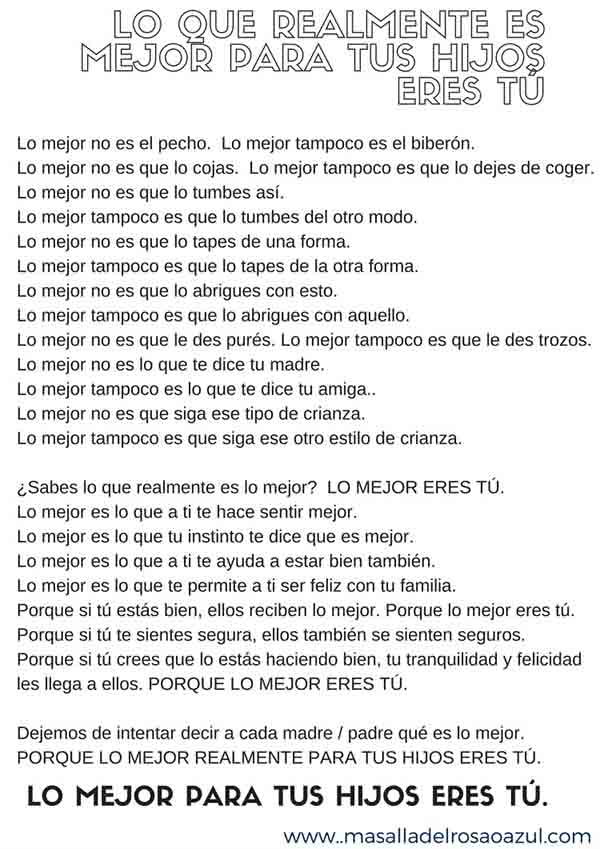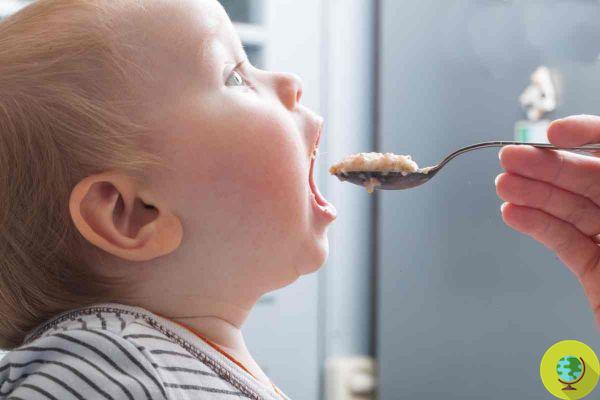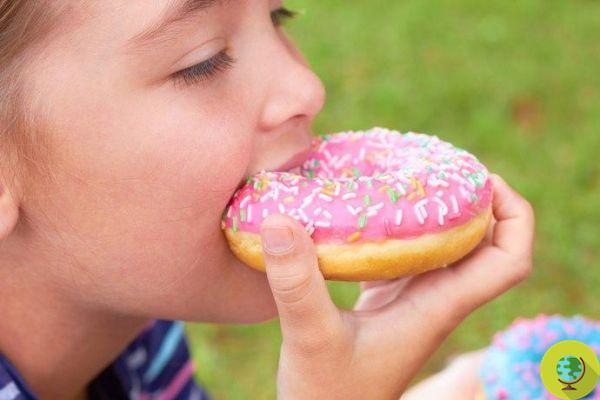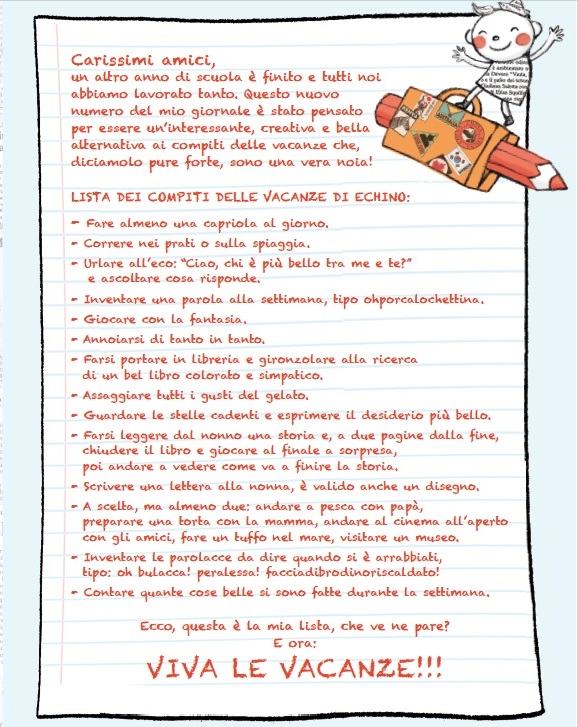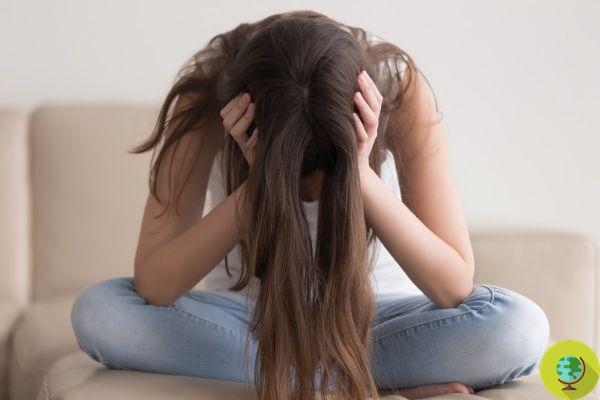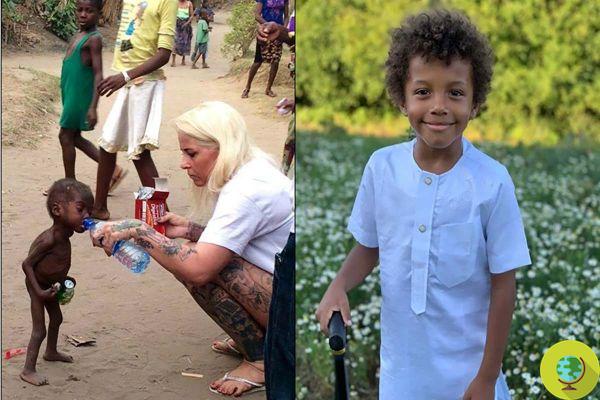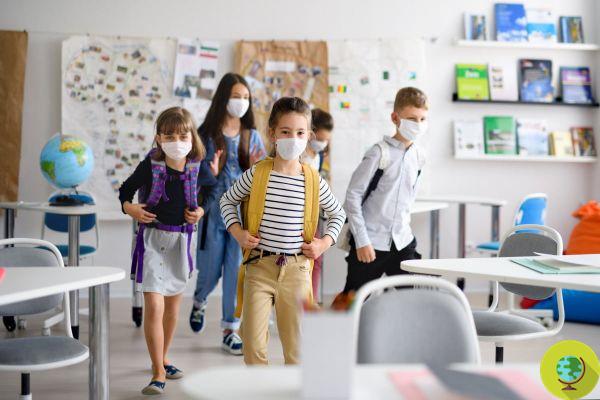Air pollution, an evil that kills children. According to the new study by the World Health Organization (WHO), every day around 93% of children under the age of 15 (1,8 billion children) breathe air so polluted that it puts their health and development at serious risk. . Tragically, many of them die. According to the WHO in 2016, 600.000 children died from acute lower respiratory tract infections caused by polluted air
Don't store avocado like this: it's dangerous
Air pollution, an evil that kills children. According to the new study by the World Health Organization (WHO), every day around 93% of children under the age of 15 (1,8 billion children) breathe air so polluted that it puts their health and development at serious risk. . Tragically, many of them die. According to the WHO in 2016, 600.000 children died from acute lower respiratory tract infections caused by polluted air.
To outline a disturbing picture was the new WHO report on air pollution and children's health. A real balance of the effects of both environmental (external) and domestic air pollution on the health of the world's children, particularly in low and middle-income countries. The report, launched on the eve of the first WHO World Conference on Air Pollution and Health, reveals data that make you shiver.
Index
We die of pollution
Globally, 9 out of 10 children under the age of 15 are exposed to ambient particulate matter (PM2,5) levels above the WHO air quality guidelines. We are talking about 630 million children under the age of 5 and 1,8 billion under the age of 15
In low- and middle-income countries around the world, the numbers go up even more: 98% of all children under 5 are exposed to PM2,5 levels above WHO guidelines. By comparison, in high-income countries, this percentage is 52%.
The explanation is well known: over 40% of the world population is exposed to high levels of air pollution home mainly due to cooking with polluting technologies and fuels.
Not surprisingly, the deaths of around 600 children under the age of 15 were attributed to the combined effects of environmental and domestic air pollution in 2016. Air pollution is one of the main threats to children's health, responsible for one death on 10 in children under 5 years of age.
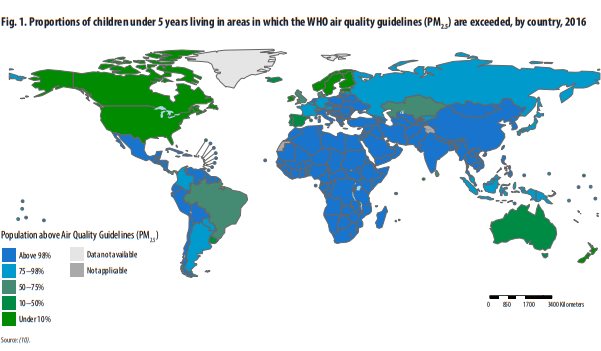
… And you get sick
In addition to the more serious consequences, domestic air pollution from cooking and (outdoor) air pollution causes more than 50% of acute lower respiratory tract infections in children under the age of 5 in low- and middle-income countries. .
It has also been shown that it affects neurodevelopment, leading to a lower outcome of cognitive but also motor tests. Not to mention the most well-known and obvious consequences on the respiratory tract of children, even at lower levels of exposure.
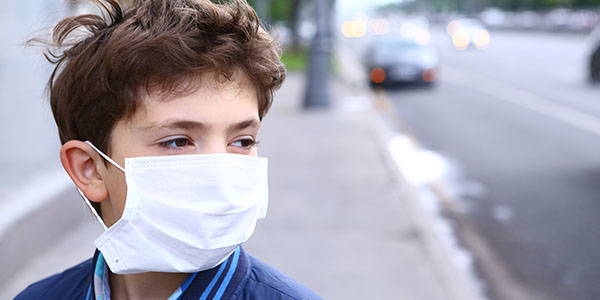
It can trigger childhood asthma and cancer. Children who have been exposed to high levels of air pollution may be at increased risk for cardiovascular disease in adulthood.
"Polluted air is poisoning millions of children and ruining their lives," he said dr. Tedros Adhanom Ghebreyesus, WHO Director-General. “This is unforgivable. Every child should be able to breathe clean air, grow and realize their full potential. "
... right from the belly of the mother
According to the World Health Organization report, when pregnant women are exposed to polluted air, they are more likely to give birth prematurely and have children below birth weight.
Because children are more at risk
One of the reasons children are particularly vulnerable to the effects of air pollution is that they breathe faster than adults and therefore absorb more pollutants. They also live closer to the ground, where some pollutants peak in concentrations, at a time when the body and brain are still developing.
According to Dr. Maria Neira, director of the WHO Department of Public Health
“Air pollution is hampering our children's brains, affecting their health in many ways other than what we suspected. But there are many simple ways to reduce emissions of dangerous pollutants. WHO is supporting the implementation of health policy measures such as accelerating the shift to clean cooking and heating fuels and technologies, promoting the use of green transport, energy efficient housing and urban planning.
Tomorrow, the first WHO world conference on air pollution and health will begin in Geneva. The opportunity given to world leaders to the ministers of health, energy and the environment to understand how to act to counter this serious threat to the health of children but also of adults.
READ also:
- Air pollution: all the harm we are doing to children
- Air pollution causes a great reduction in intelligence. I study
- Pollution increases the risk of birth defects and can affect the IQ of babies
Francesca Mancuso






